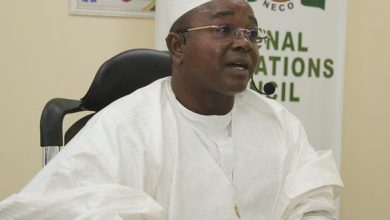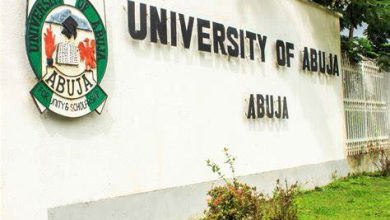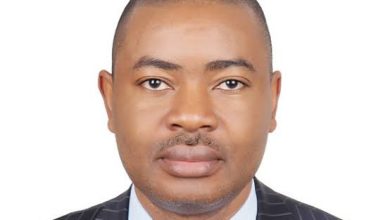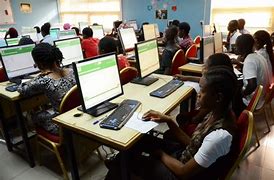UBEC: Nigeria now has 21 operational smart schools
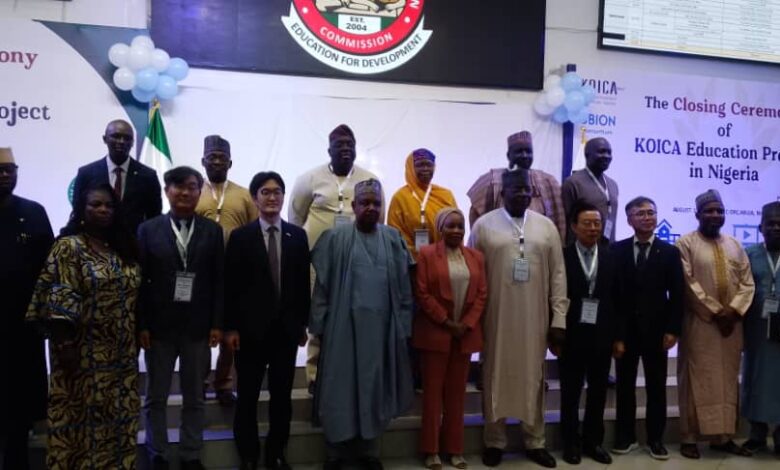
Aisha Garba, executive secretary of the Universal Basic Education Commission (UBEC), says Nigeria has recorded significant digital transformation in basic education, with 21 smart schools now fully operational across the country.
Garba spoke in Abuja on Monday at the official closing ceremony of the $10 million Korea International Cooperation Agency (KOICA)–Nigeria smart education project.
She said academic activities are set to commence in the remaining 16 of the 37 smart schools established by the Commission — one in each state and the Federal Capital Territory (FCT).
The KOICA–Nigeria smart education project, launched in 2021 following a record of discussion (RoD) signed between UBEC and KOICA on October 26, aims to improve education quality in Nigeria through technology and digital resources. It officially closed on August 11, 2025.
Under the programme, the Korean government supported six pilot smart schools with state-of-the-art content development studios (CDS), enabling teachers to create real-world applicable digital content.
Highlighting milestones achieved through the partnership, Garba recalled that in 2021, Nigeria faced sobering statistics: over 10.1 million school-age children out of school, 70 percent of those enrolled lacking foundational learning skills, and more than 60 percent of public primary school teachers without basic digital literacy.
“Today, we are closing a project and celebrating a transformational journey — one that has redefined the landscape of basic education through technology, innovative teaching, and inclusive learning,” she said.
She commended the Korean government for its support, noting that the collaboration had helped Nigeria reimagine learning, bridge the digital divide, and empower teachers to drive lasting change.
Through the KOICA partnership and other strategic collaborations, UBEC has developed Nigeria’s first Smart Education Master Plan, trained over 300 teachers and school leaders, set up six world-class CDS facilities, and produced nearly 4,000 digital learning materials in Mathematics and Science.
Garba added that while KOICA’s direct intervention focused on six schools, the project’s outcomes have reached more than 8,000 learners in 21 states where smart schools are operational.
“These are more than numbers. They represent lives touched, futures reshaped, and proof that our public schools can compete globally,” she said. “We are not just talking change — we are executing it, one reform at a time.”
She also said that since assuming office, UBEC has dismantled long-standing bottlenecks that prevented states from accessing matching grants for over 20 years.
“We have changed that. The impact is visible: about three million children reached, over 60% fund utilisation, 420,009 library materials distributed, 158,000 Nigerian history books delivered, 740 interactive smart boards, 250 desktop computers for girls’ alternative high schools, and 140 talking computers for learners with special needs,” she said.
Deputy Executive Secretary (Technical) of UBEC, Razaq Akinyemi Olajuwon, in his overview of the UBEC–KOICA Smart Education Project, said it has revolutionised education by integrating technology into classrooms, boosting teachers’ ICT capacity, and improving access to quality digital teaching resources.
Manager of KOICA Nigeria Office, David Nkwa, said the project has improved basic education in Nigeria over the past five years, especially learning outcomes.


